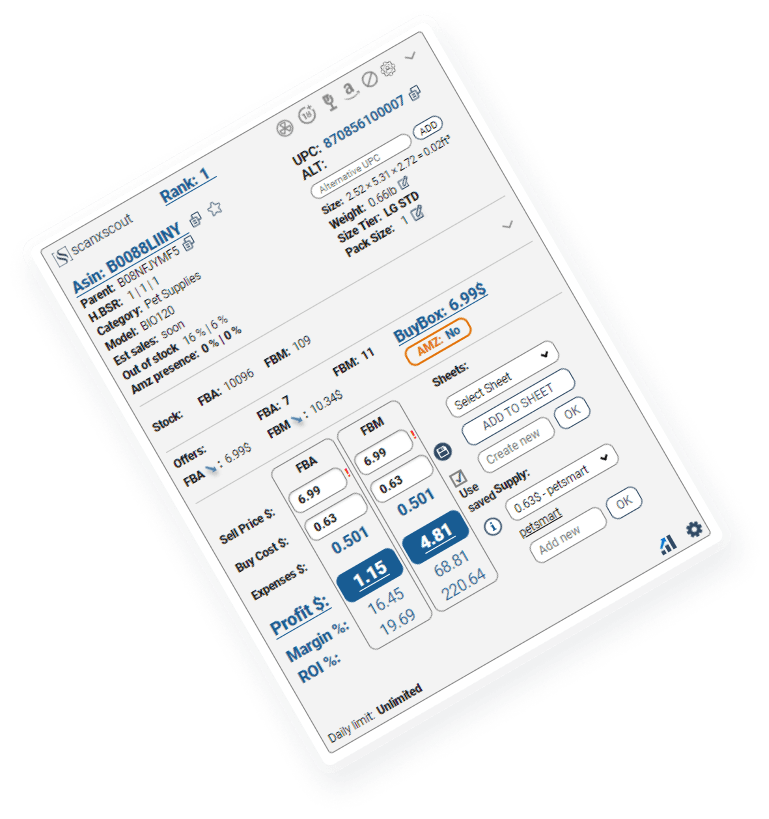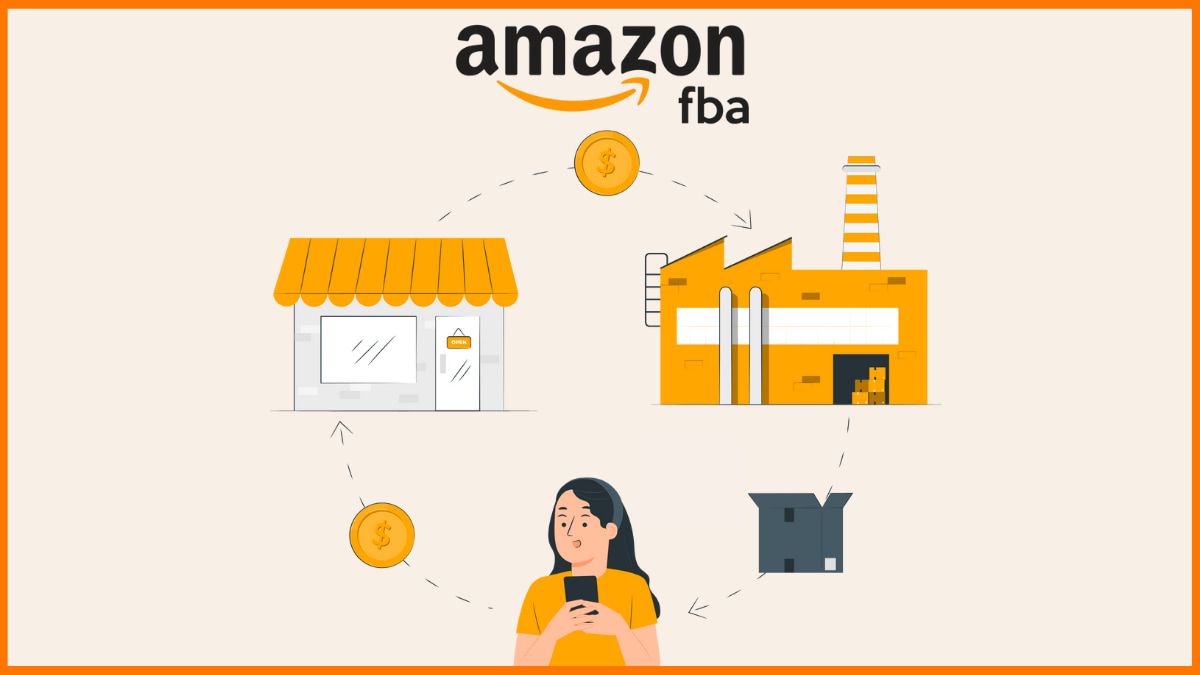Introduction:
Amazon FBA, short for Fulfillment by Amazon, is a service provided by Amazon that has revolutionized the way sellers conduct e-commerce. With FBA, sellers can store their products in Amazon’s fulfillment centers, and Amazon takes care of everything from picking, packing, and shipping to customer service and returns. This post delves into the benefits and workings of Amazon FBA, shedding light on how it has empowered sellers to reach a wider audience and enhance their business efficiency.
The Basics of Amazon FBA:
In traditional e-commerce, sellers are responsible for storing inventory, handling fulfillment, and managing customer inquiries. This can be time-consuming, costly, and logistically challenging, especially for small and medium-sized businesses. Amazon FBA simplifies the process by allowing sellers to ship their products directly to Amazon’s warehouses, where they are stored until a customer places an order.
When an order is received, Amazon’s advanced logistics system takes over, picking the product, packing it securely, and shipping it to the customer’s doorstep. Moreover, FBA ensures that products are eligible for Amazon Prime’s two-day shipping, enhancing their appeal to millions of Prime members worldwide.
Benefits of Amazon FBA for Sellers:
- Prime Eligibility and Customer Trust: Products fulfilled by Amazon carry the Prime badge, indicating fast and reliable shipping. This boosts customer trust and increases the chances of making a sale.
- Global Reach: Amazon’s extensive fulfillment network spans across the globe, allowing sellers to easily reach international markets without the complexities of cross-border logistics.
- Time and Cost Savings: By outsourcing the fulfillment process to Amazon, sellers save time on packaging, shipping, and handling customer inquiries. This enables them to focus on other aspects of their business, such as product development and marketing.
- Customer Service: Amazon’s customer service handles inquiries and returns on behalf of FBA sellers, providing professional support and boosting customer satisfaction.
- Warehousing and Inventory Management: With Amazon FBA, sellers don’t need to worry about finding warehouse space or managing inventory levels. Amazon handles all inventory storage and ensures products are available for purchase.
- Buy Box Advantage: Products fulfilled by Amazon are more likely to win the coveted Buy Box, increasing visibility and sales potential for sellers.
Challenges and Costs:
While Amazon FBA offers significant advantages, it is essential for sellers to consider the associated costs. Amazon charges fees for storage, order fulfillment, and other optional services. These fees can vary based on factors such as product size, weight, and storage duration. Careful consideration of pricing and margins is crucial to ensure that FBA remains profitable for sellers.
Additionally, competition can be intense within the Amazon marketplace. Sellers must optimize their product listings, offer competitive pricing, and implement effective marketing strategies to stand out among numerous competitors.
Conclusion:
Amazon FBA has transformed the e-commerce landscape, providing sellers with a comprehensive and efficient fulfillment solution. By leveraging Amazon’s vast resources and infrastructure, sellers can expand their reach, increase customer satisfaction, and focus on growing their business. Despite the challenges, the benefits of Amazon FBA have made it an indispensable tool for both established brands and budding entrepreneurs seeking success in the ever-evolving world of online retail.


 744
744